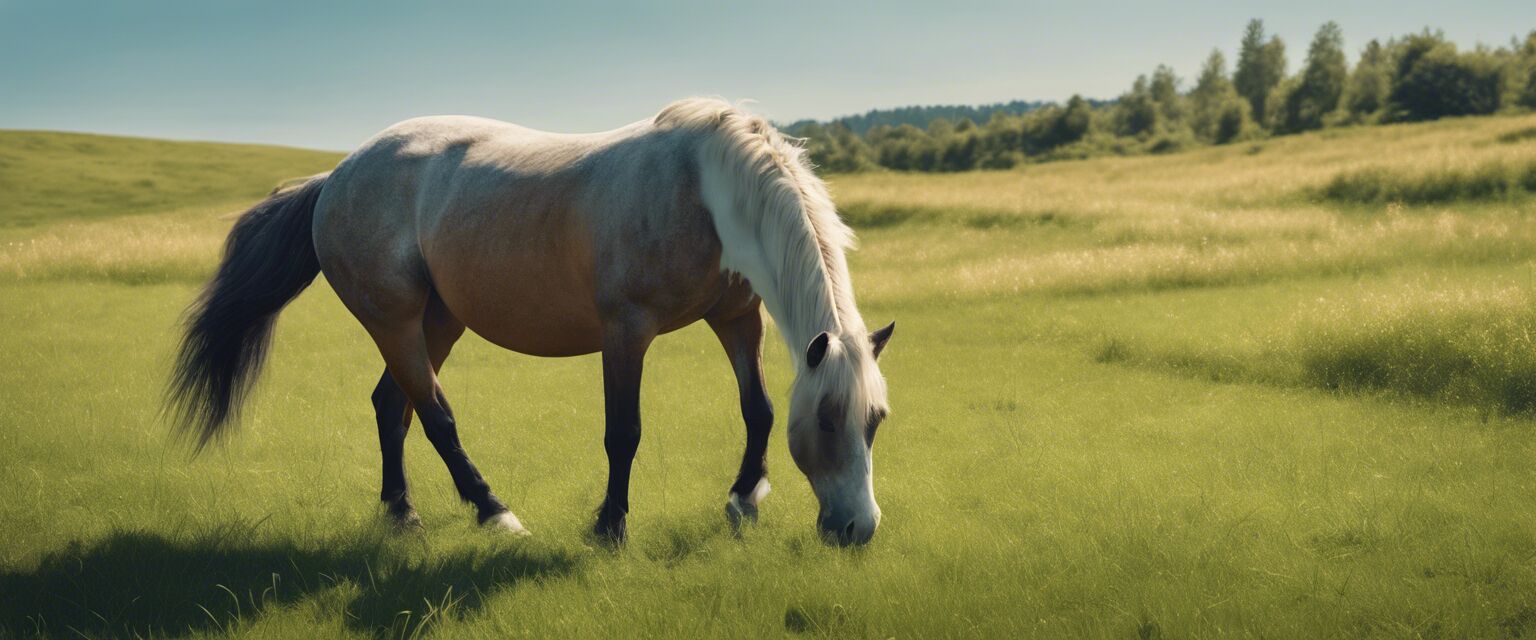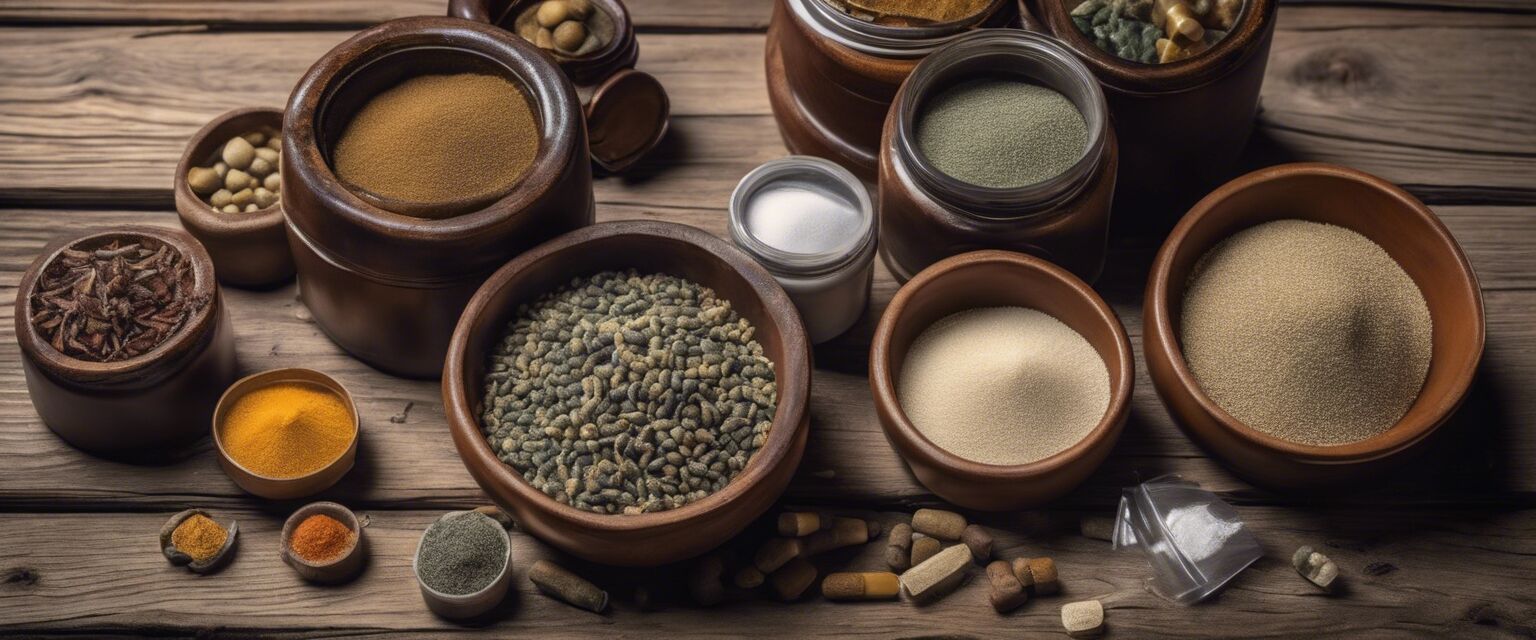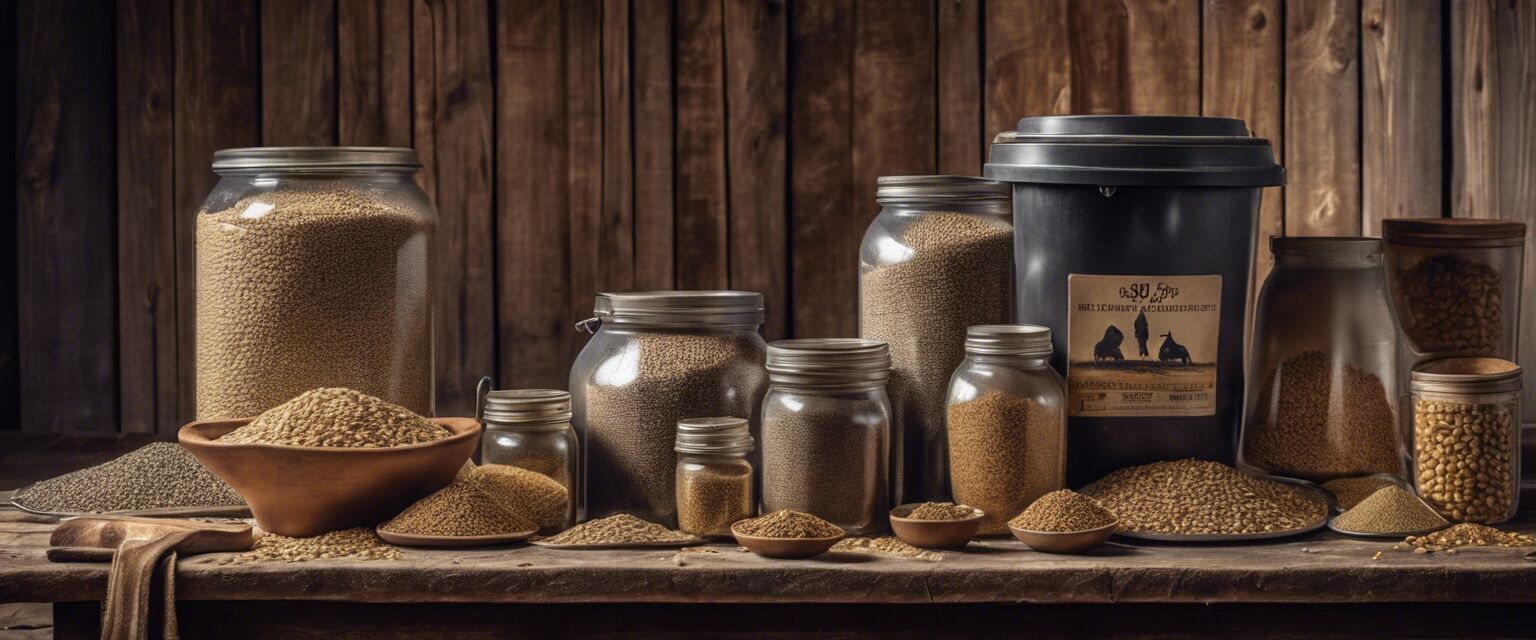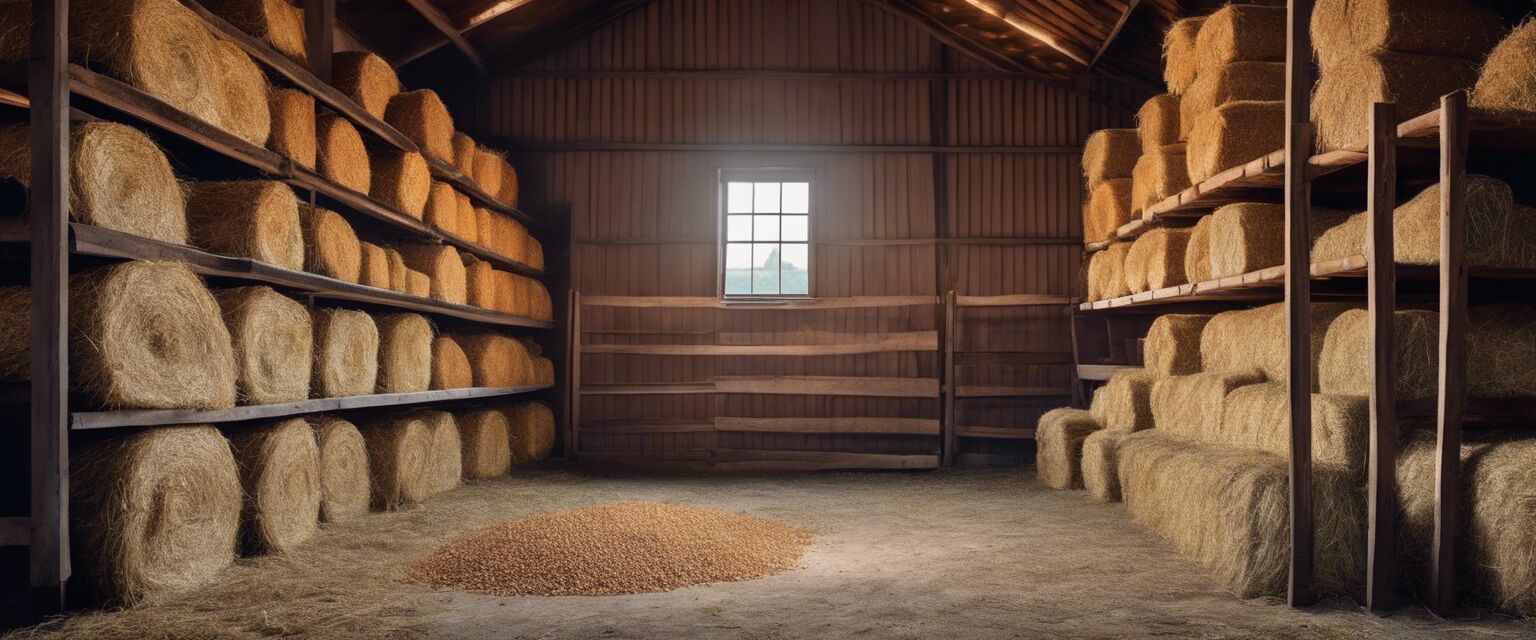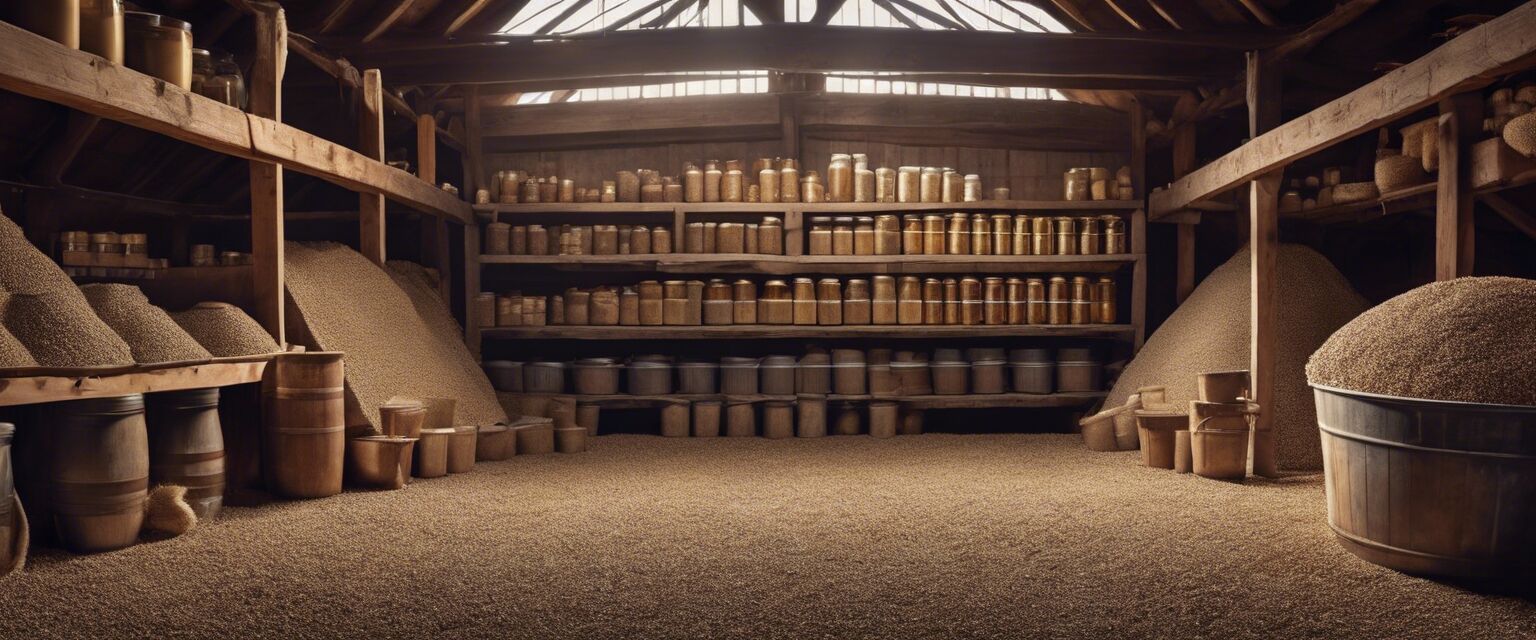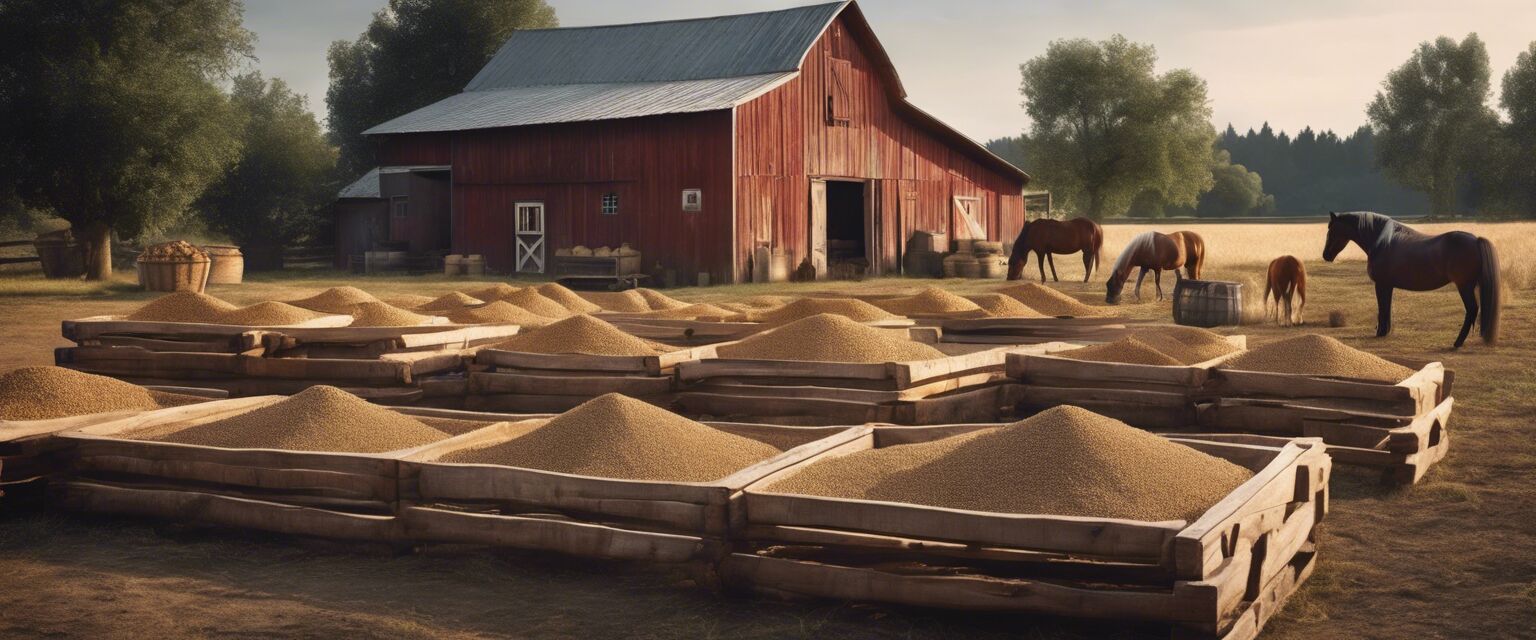
Special Dietary Needs
Key Takeaways
- Understanding your horse's specific dietary needs is crucial for their well-being.
- Special diets may be necessary for horses with health conditions such as laminitis or metabolic syndrome.
- Consulting with a veterinarian can guide you in creating a balanced diet tailored to your horse.
- Choosing the right feeding equipment can aid in managing special diets effectively.
Feeding horses with special dietary needs can be a challenge for many owners. Whether due to health conditions or specific nutritional requirements, understanding how to provide the right diet is essential for maintaining your horse's health and vitality. This guide will explore various dietary needs, how to manage them, and the importance of consulting with veterinarians.
Understanding Special Dietary Needs
Horses, like humans, can have unique dietary requirements. These needs can arise from various factors, including health conditions, age, and activity level. Below are some common special dietary needs:
| Condition | Possible Dietary Adjustments |
|---|---|
| Laminitis | Low carbohydrate, high fiber diets; avoiding grain. |
| Metabolic Syndrome | Low sugar and starch feeds; high-quality forage. |
| Ulcers | Frequent small meals; avoiding high-starch feeds. |
| Senior horses | Soft, digestible feeds; possibly soaked hay. |
| Pregnant or lactating mares | Increased caloric intake; balanced minerals and vitamins. |
Consulting with a Veterinarian
Before making significant changes to your horse's diet, it's important to consult with a veterinarian. They can assess your horse's specific needs and help you create a balanced diet plan. A vet can also recommend appropriate supplements and feeding strategies that align with your horse's health condition.
Feeding Strategies for Special Needs Horses
Feeding horses with special dietary needs requires thoughtful strategies. Here are some effective approaches:
- Frequent Feeding: Divide meals into smaller portions throughout the day to aid digestion.
- Soaking Hay: Soaking hay can reduce sugar levels, making it safer for horses with metabolic issues.
- Quality Forage: Always provide high-quality forage as the foundation of your horse's diet.
- Choose the Right Feed: Select feeds that are specifically formulated for special dietary needs.
- Monitor Weight: Regularly check your horse's weight to ensure the diet is effective.
Choosing the Right Feeding Equipment
The right feeding equipment can make managing your horse's special diet easier. Consider the following options:
| Feeding Equipment | Benefits |
|---|---|
| Slow Feed Hay Nets | Encourages natural grazing behavior and slows down hay consumption. |
| Feeding Buckets | Allows for portion control and can be used for supplements and grain. |
| Automatic Feeders | Dispenses food at set intervals, ensuring timely feeding. |
| Measuring Scoops | Helps accurately measure out feed portions for consistency. |
Tips for Implementing Special Diets
Tips for Beginners
- Introduce dietary changes gradually to avoid digestive upset.
- Keep a feeding diary to monitor your horse's response to dietary changes.
- Stay informed about equine nutrition through resources and communities.
- Consult with other experienced horse owners for shared insights and support.
Conclusion
Feeding horses with special dietary needs is a vital aspect of their care. Understanding their specific requirements and consulting with professionals can help you create a balanced, nutritious diet that supports their health and well-being. By following the feeding strategies and utilizing appropriate equipment, you can ensure your horse thrives despite their unique dietary challenges.
Pros
- Improved health and well-being of horses with specific dietary needs.
- Ability to manage health conditions effectively through diet.
- Increased knowledge about equine nutrition.
Cons
- May require additional time and effort to manage special diets.
- Potential for increased costs associated with specialized feeds and supplements.
Learn More
To further enhance your understanding of equine nutrition, explore our detailed guides on Health & Nutrition, Hay & Forage, and Special Diets. Your horse's health is your responsibility, and with the right tools and knowledge, you can ensure they receive the best care possible.
Additional Resources
Consider visiting our sections on Feeding Equipment, Feeding Strategies, and Supplements for more information on how to optimize your horseâs diet.
